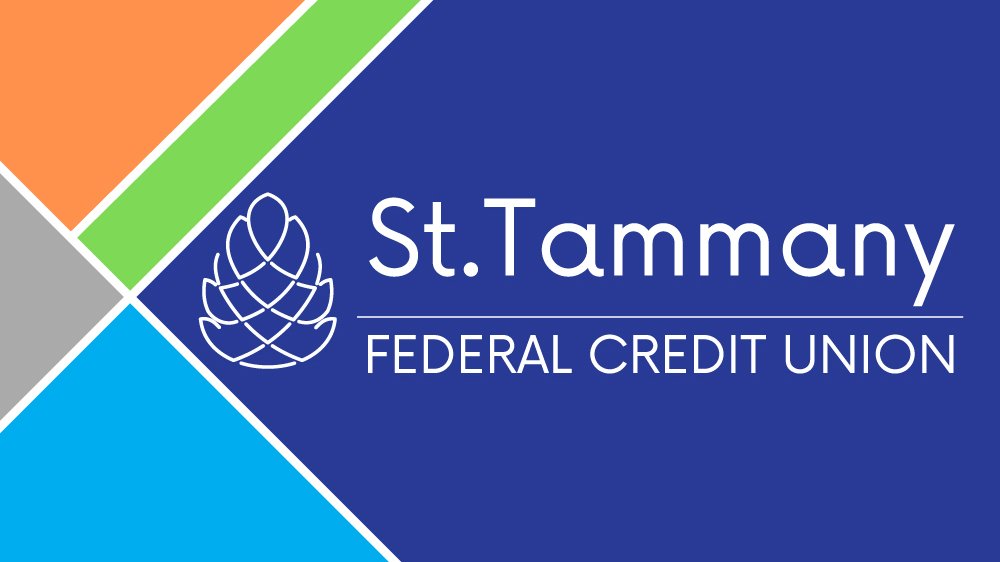Back to School Scams To Watch For This year and How To Avoid Them
If you’ve listened to the radio, watched TV, or checked the mail recently, chances are that you’ve seen at least one ad for back-to-school shopping. With the start of classes right around the corner, students and parents will soon be hitting the stores (both in person and virtually) to prepare for the new school year. Unfortunately, fraudsters know that young people are always on the lookout for discounts, particularly during the frenetic back-to-school season, and they’re all too eager to give you a “good deal.”
A student in Texas, “Mary” (we’ve changed her name to respect her privacy), wrote to Fraud.org recently with a story that is typical of this type of scam. Mary needed a new laptop for school. She believed that she would receive a MacBook Pro 2020 after sending a merchant a $950 payment through CashApp. However, after she sent the money, the seller blocked her and erased all history of their communications. Now, Mary is short nearly a thousand dollars and still needs a laptop for school.
Mary is just one of the many young adults impacted by fraud. According to the Federal Trade Commission (FTC), younger people aged 20 to 30 lose money to fraud more frequently than older consumers. The COVID-19 pandemic has only exacerbated this problem as consumers have turned in greater numbers to online shopping, creating more opportunities for fraudulent sellers. Adults aged 18 to 24 reported the highest median losses and the highest likelihood of loss over the past year to such scams, according to the Better Business Bureau’s annual Scam Tracker Risk Report.
As the 2023-2024 school year approaches, students should be alert to ways scammers are targeting them. Here are some of the most common types of fraud impacting college students and tips on how to avoid falling victim:
Credit card scams. College students often fall for scams involving credit cards, from otherwise legitimate credit cards that hit card holders with unfavorable terms, fees, or interest fees to completely bogus credit card solicitations. Consumer can reduce their risk of these scams by applying for a card through their bank if possible and avoid filling out unsolicited credit card offers.
Property rental scams. College students are often the target of property rental scams where thieves pose as an individual selling or renting a property. The scammers solicit potential renters with promises that the homes will be rented to them once the payment is received. Once the potential renters pay the deposit, the scammer disappears. A student in Kentucky searching for close-to-campus housing reported to Fraud.org he was misled and scammed out of thousands of dollars by a fraudulent landlord. Protect yourself by never paying a deposit without seeing the property in person and evaluating a lease agreement.
Laptop and cell phone scams. Misleading and false advertisements for free and discounted merchandise often lead young adults to predatory websites offering free is deeply discounted electronics like iPhones, iPads, and other high-dollar hardware. Protect yourself by ordering through official sites instead of clicking on ads on social media.
Online textbook scams. These occur when fraudulent fraudsters create fake websites to offering attractive discounts on expensive textbooks. The consumer often never receives the textbook and suffers from being ill-prepared for class and out of the money they spent on the textbook. Protect yourself by purchasing or renting textbooks through your university bookstore or publishing companies and utilizing buy-back programs.
Scholarship scams. Scholarship scams lure in students looking for help paying for school tuition. These scams ask students to provide personal information or pay upfront fees for non-existent scholarships or for scholarship information that is already available for free. Protect yourself by visiting the Department of Education’s StudentAid.gov website to obtain free resources about scholarships and other financial assistance.
Fraud.org. (2021, July 21). Fraudsters target students this back-to-school season. Fraud. https://fraud.org/back_to_school/

